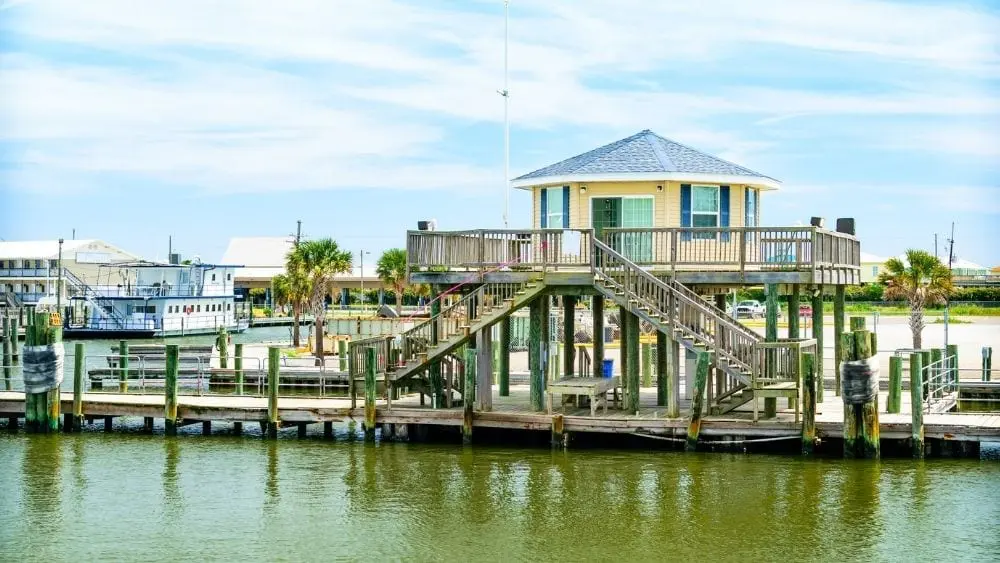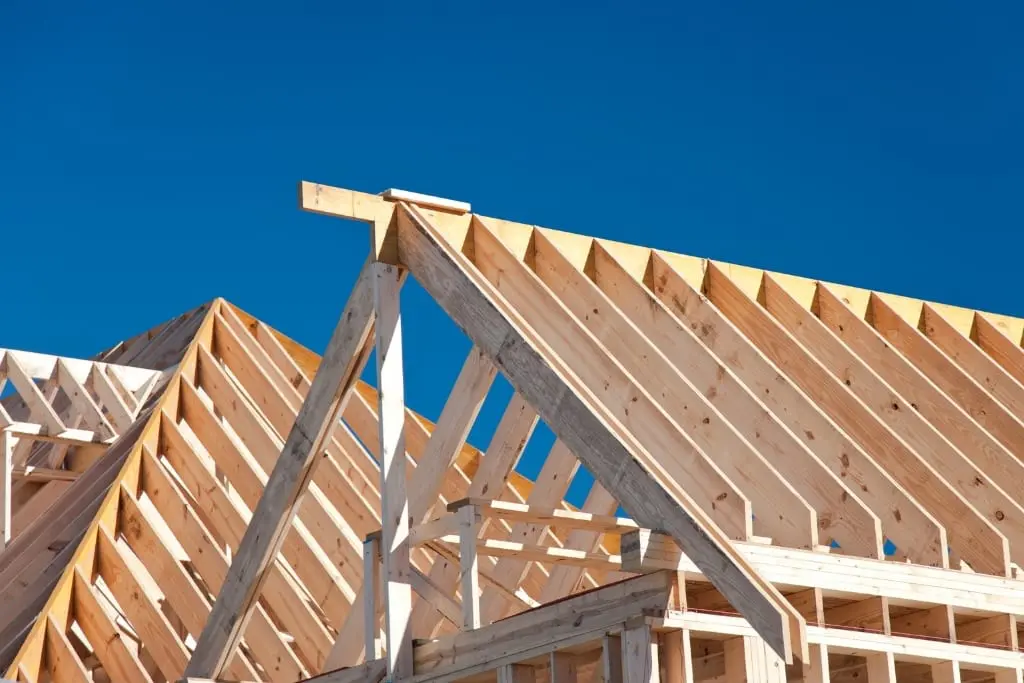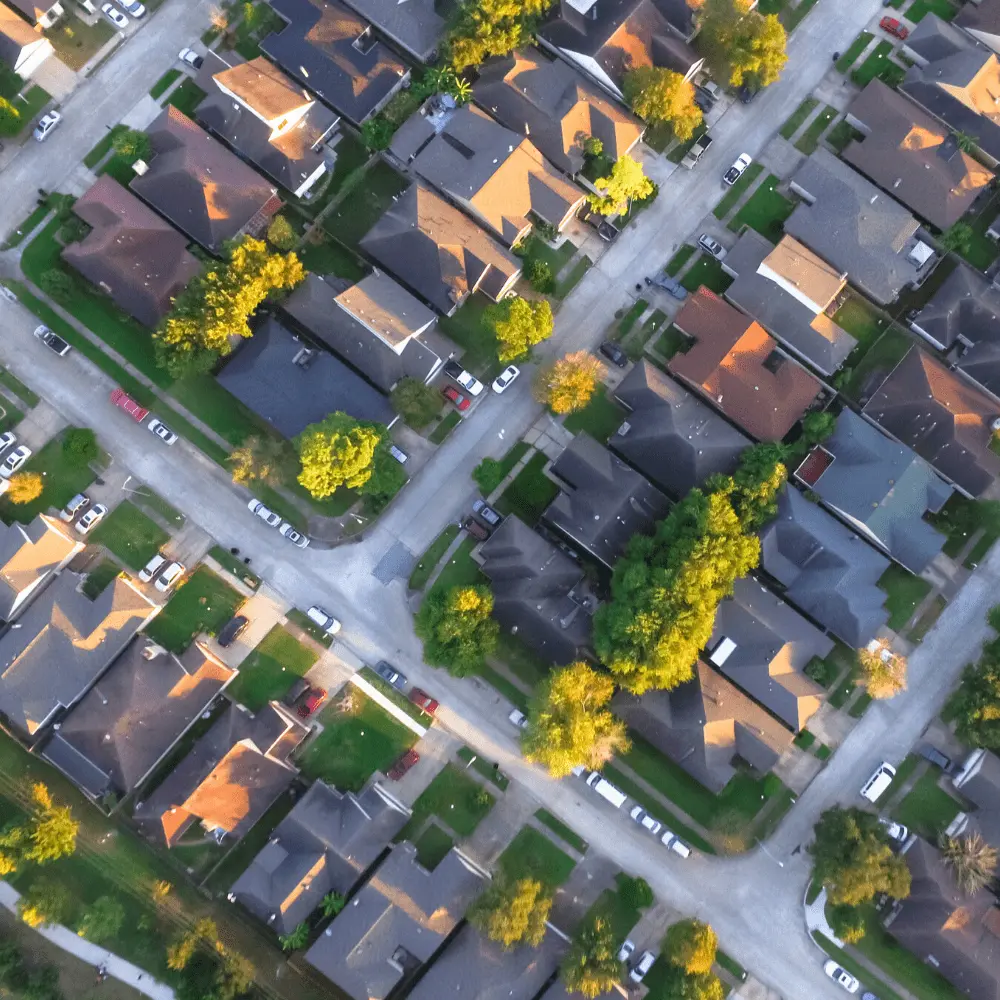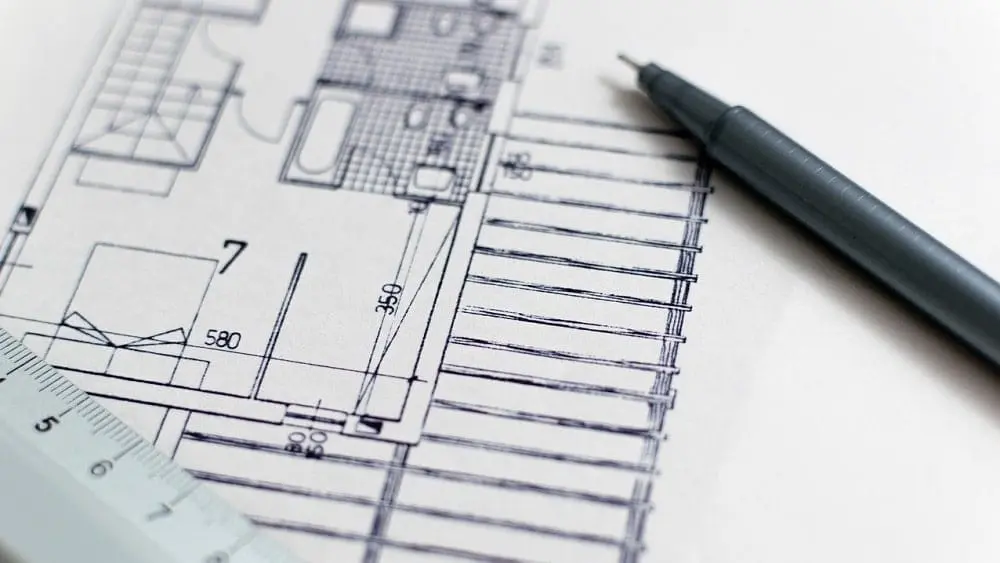
Whether you already live in New Orleans, Baton Route, or Shreveport or plan to move to Louisiana, building a new home in the Bayou State will cost less than in many other states. The step-by-step process to build a home in Louisiana costs an average of $171,955, which is the 14th lowest average in the U.S. Land costs are lower in Louisiana than in many other states, and labor costs are relatively low at an estimated $15.07 an hour. Louisiana also has modular homes that are increasingly affordable.
The cost to build a house in Louisiana varies widely based on the location, the size of the home, and construction materials. Typically, the cost to build a house in New Orleans and other large cities in Louisiana will be higher than in a smaller town or rural area.
Custom vs. Production Homes
The average cost to build a house in Louisiana also depends on the type you select. There are three general categories of homebuilding: a production home, a semi-custom home, and a custom home.
In this article, we’re discussing how to build a production home in Louisiana. A production home is one that’s built on the builder’s lot, usually in a planned community or a cluster of similar homes. Production homes typically include the price of the land, permits, design, materials, and labor costs. How much you can personalize the home depends on the builder.
Semi-custom homes allow more personalization, sometimes including structural changes, but you’ll still be building the house according to the builder’s floor plan. A custom home refers to a home designed just for you by an architect or a design-build firm. The price of a custom home depends on the land, the infrastructure, the design, and the materials you choose. Typically, it also takes longer to build a custom home in Louisiana than a production home.
Step-by-Step Process to Build a House in Louisiana

It takes an average of seven months to build a house in Louisiana, but that could vary according to how much your builder has done in advance, such as preparing the land and requesting initial permits.
The following steps outline the process to build a home in Louisiana.
Budgeting for Your New Home
The most important step to take before you sign a contract to build a home in Louisiana is to make a financial plan within your comfort zone. It should include a monthly housing payment, with principal and interest, property taxes, homeowner’s insurance, and, in most cases, homeowner’s association dues.
You’ll need to evaluate your monthly cash requirements and make sure you have enough for a deposit, a down payment, closing costs, and moving expenses. Closing costs average 2 to 5 percent of the purchase price of a home, although some builders pay those costs for their buyers.
Your next step should be to consult a lender for a mortgage preapproval. The lender can help you estimate your price range and let you know if you have any credit challenges that need to be resolved. The lender will confirm the maximum amount they will loan, but you may want to borrow less. You can also change lenders when you find the builder and community you want even if you have a preapproval from a different lender.
The price per square foot to build a house in Louisiana averages $95 to $141, which is $237,500 to $352,500 for a 2,500-square-foot house. But costs vary widely according to your location, land costs, style, size, and materials. In New Orleans, the price per square foot ranges from $148 to $196, which means a 2,500-square-foot house would cost between $370,000 and $490,000.

Home building materials typically cost about 50 percent of the total cost to build a home in Louisiana. Labor costs are 30 to 40 percent of the overall cost.
The materials you choose for the exterior and interior of your house will have a big impact on the total price. You and your builder can discuss options. Builders often buy materials in bulk for production homes, which may help reduce costs.
Typically, lumber costs from $25,000 to $65,000 and an asphalt shingle roof can cost $5,000 to $11,000. But your costs will depend on whether you choose brick, painted wood, or stucco materials, and the type of roof you want. Your builder may or may not have many options for you.
Similarly, you may have a few options for interior features such as appliances, flooring, light fixtures, and paint, all of which will impact the price to build a house in Louisiana.
You can ask each community about homeowner’s association dues, which vary according to the neighborhood amenities and size of the association.
Homeowner’s insurance in Louisiana costs an average of $3,270 per year, which is higher than the national average of $2,305.
Property taxes are lower in Louisiana than in most other states, at an effective rate of 0.53 percent compared to a national average of 1.07 percent. The average property tax bill in Louisiana is $919 annually, compared to the national average of $2,578.
Choose Your Builder & Community

The best place to start narrowing your choice for a builder and a community in Louisiana is online. You can filter your search by price range and location to identify potential options and visit those communities and builders online. This way, you can view renderings or photos and floor plans before making the trip.
When visiting model homes and communities, ask the sales professional onsite about any questions you may have and the timeline. Ask residents about their experience with different builders and read reviews at TrustBuilder.
Line Up Your Financing
Once you’ve made your choice of the builder and community, it’s time to finalize your financing. Many builders work with preferred lenders and title companies, and some offer those services as part of their company.
Builders sometimes offer incentives such as paying closing costs to work with their preferred lender, so it’s worth applying with that lender to compare the terms. A preferred lender has a relationship with the builder, which means you may have a smoother experience financing the home.
The builder’s representatives will usually inform you how much your deposit needs to be when you sign the contract to build a house in Louisiana. You may also want to investigate state and local homebuyer programs to learn if you qualify for down payment assistance.
The down payment will be made at the closing after your home is complete, but you may need to pay cash for any unusual upgrades in some cases.
Choose Your Lot and Floor Plan

By the time you choose the builder and community, you probably have the floor plan you want in mind. But remember that your floor plan must be matched with a lot and needs to fit your budget. Your best source of advice at this stage of the step-by-step process to build a home in Louisiana is the onsite sales professional.
The sales pros can tell you about plans for development in the area that may influence your lot choice and let you know about any required lot premiums. Sometimes only specific lots are available for each floor plan to provide an attractive look for the community or because of the configuration of the lot.
Don’t forget to ask which features are standard and included in the sales price and which are optional.
Permitting and Inspections
Louisiana has a statewide building code that all builders must meet. Part of the step-by-step process of building includes permits and inspections, which your builder will handle for you in a production home. If you’d like to hire your own inspector, you can ask your builder about the best time to schedule that inspection.
Climate Considerations
Louisiana has a humid climate and is prone to floods and hurricanes, so the state has added some specific requirements for new homes. For example, flood-resistant construction is required in some areas, and roofs must be strapped or tied to houses to reduce the chance of being torn away during a hurricane. Windows on new homes must be impact resistant.
Your builder can help you choose features that fit your budget and make your home more resilient to weather issues.
Timeline
The step-by-step process to build a house in Louisiana depends on many variables, including the weather, the permitting process, and whether the contractors and materials are readily available. Your builder is your best source of information for the construction progress but you should also stay in touch with your lender so you can lock in your loan and be ready to move when your house is finished.

Michele Lerner is an award-winning freelance writer, editor and author who has been writing about real estate, personal finance and business topics for more than two decades.
 10 Best Places to Live in Ohio
10 Best Places to Live in Ohio